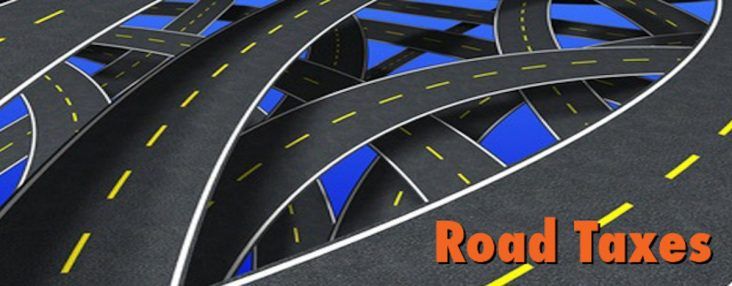Good Roads poll finds support for Arkansas highways, but not new taxes
by December 1, 2015 3:17 pm 628 views

An October poll by the Good Roads Foundation found that Arkansans support more funding for highways but would oppose any increase in the gas tax above 2 cents per gallon.
The study was conducted by WPA Opinion Research and sponsored by the Good Roads Foundation, a group that supports increased funding for highways.
WPA’s Chris Perkins told the Foundation’s General Contributors Tuesday (Dec. 1) that 56% of 500 likely voters surveyed believed that roads and bridges are among the most essential government services, just above K-12 education, which had that kind of support from 55% of respondents. Sixty-eight percent would be more likely to re-elect their legislator if they voted to increase highway funding.
But while respondents support more highway funding, they don’t want to increase their taxes to pay for it. The primary means of paying for highways is the motor fuels tax, which hasn’t been increased since 2001 at the state level and since 1993 at the federal level and was not indexed to inflation. Increasing it gained the support of only 32% of respondents, while 53% were opposed. Forty percent were strongly opposed.
A majority of 53% would be willing to increase the motor fuels tax by 2 cents per gallon, while 43% would be opposed. At 5 cents, however, support drops to 32%. Only 17% would support a 7-cent increase and 11% would support a 10-cent increase.
“You’re only going to get away with about 2 cents on this one,” Perkins said.
The most supported method for increasing highway funding was transferring existing sales tax collections on new and used vehicles to highways without increasing total taxes, which was supported by 63% and opposed by 17%. Those sales taxes go into general revenues. Among the others, indexing the gas tax so it would keep up with inflation was supported by 39% and opposed by 36%. Reducing road and street funding for cities and counties and dedicating that money to state highways was supported by 24% and opposed by 55%.
The announcement comes as the Governor’s Working Group on Highway Funding, which was appointed by Gov. Asa Hutchinson (R) earlier this year, is preparing to present a menu of options to raise money for highways over the short term. Those options include a variety of fuel tax increases and revenue transfers.
An option advocated by Good Roads Foundation Executive Director Craig Douglass, a member of the working group, would increase the diesel tax by 5 cents per gallon, index to inflation the motor fuel tax with an annual cap of 2 cents, and transfer to highways the revenues from sales taxes paid on new and used vehicles.
However, Hutchinson said in November he would only support revenue- or tax-increasing proposals that would be offset by decreases elsewhere.
Respondents were more supportive of letting voters decide highway funding increases (52%) than letting legislators do it (36%). Two-thirds said they would be more likely to re-elect their legislator if he or she referred a highway tax increase to the people, with 23% less likely. On the opposite side of the spectrum, 65% were less likely to re-elect their legislator if they voted for a tax increase, versus 24% who were more likely.
WPA previously served as a pollster in Georgia, where legislators recently voted to increase gas taxes while lowering excise taxes paid at the pump. Perkins said Georgia began its process with more voters responding negatively when asked if they would re-elect legislators who supported a tax increase. Also, while there was little difference in Arkansas Republican and Democratic respondents, Georgians were more sharply divided along party lines.
In October, the anti-tax Americans for Prosperity’s Arkansas chapter conducted a poll that found that while half of Arkansans believe the condition of the state’s roads is “a major problem that deserves attention,” 64% opposed raising motor fuels taxes to address it. Forty-five percent strongly opposed a motor fuels tax increase, and half said a legislator’s support for an increase would make them less likely to vote for him or her.
